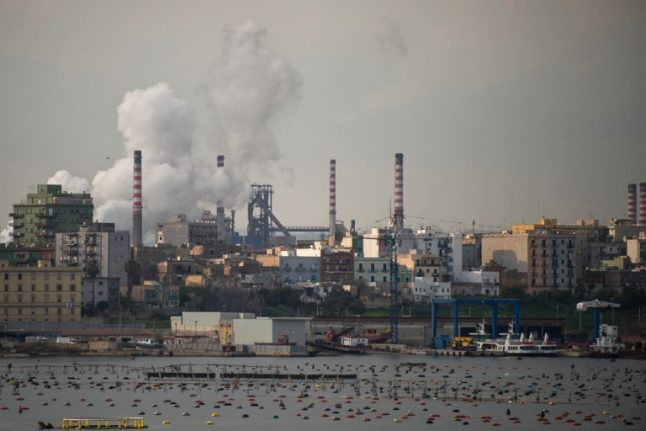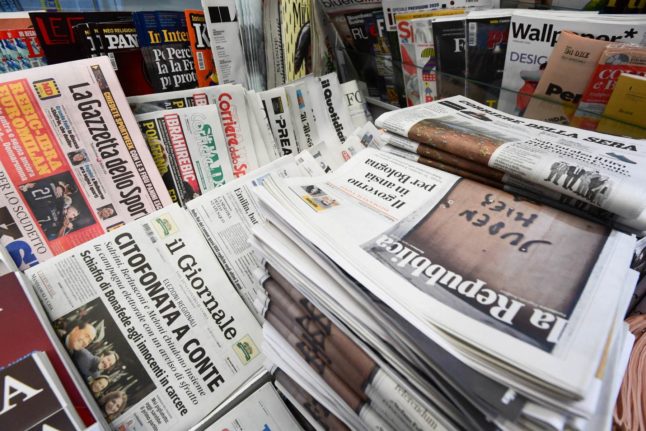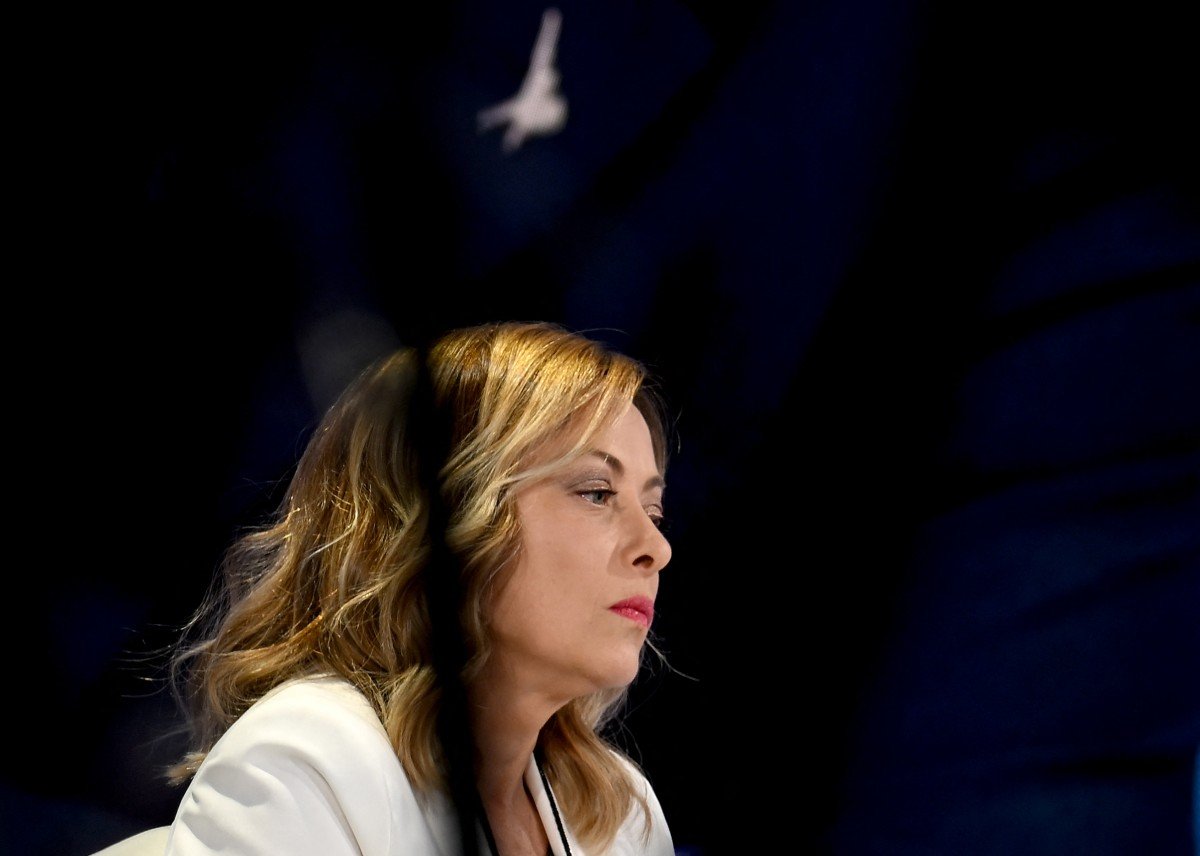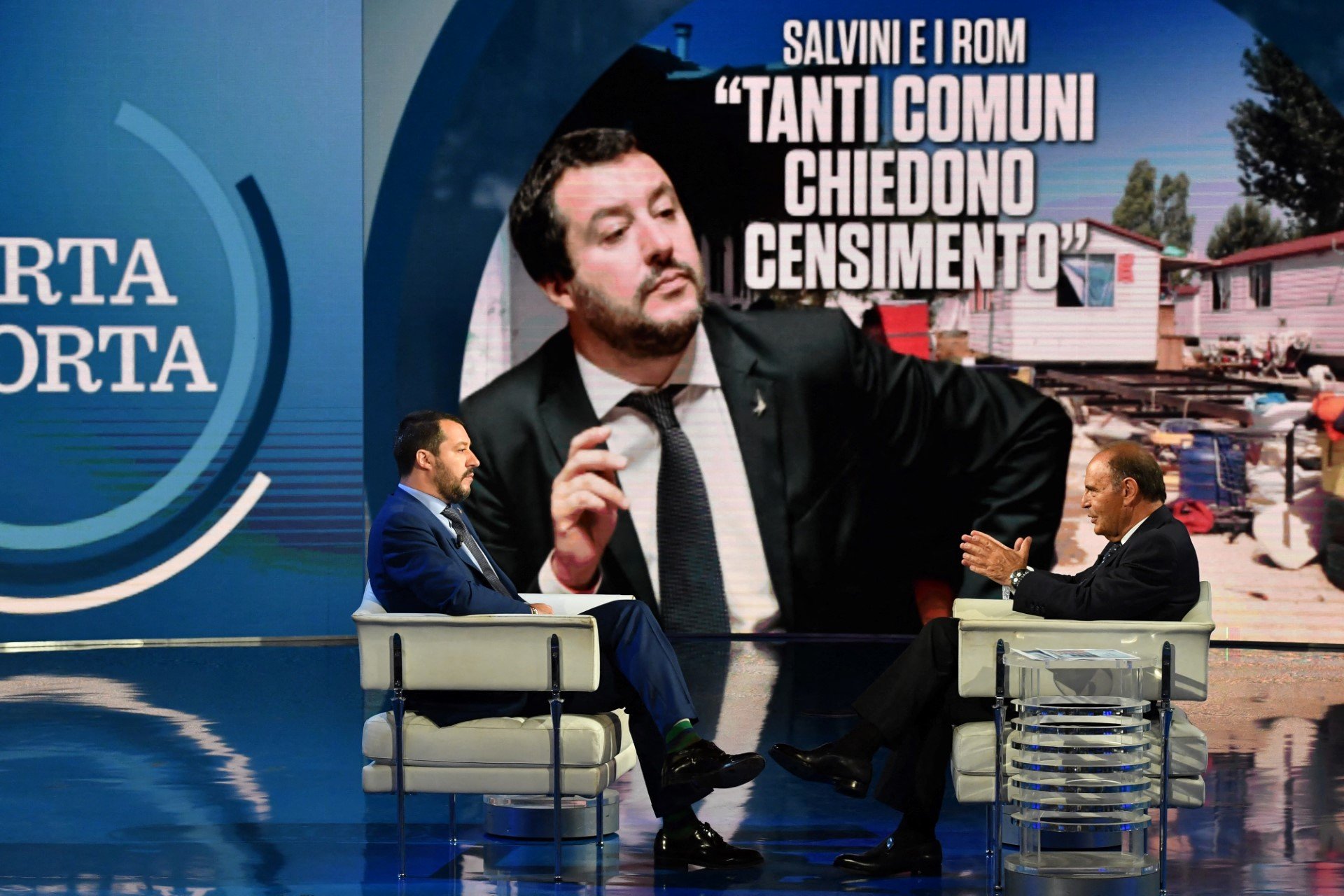READ ALSO: Understanding Italy’s Five Star Movement
“We expected much more from them in terms of climate and the environment,” admits Stefano Ciafani, national head of Italy’s environmental lobby Legambiente.
No fewer than 52 pages were dedicated to the chapter on the environment in the M5S electoral programme, the fruit of a wide-ranging consultation online with the movement’s members. Between the general election in March, and the drawing up of a “government contract” with the League at the end of May, “the environment, the green economy and zero waste” was cut to three pages.
“Those who do not respect the environment do not respect themselves. We must… put the ecological issue at the centre of politics,” the contract read.
But the toxic mix of Italy’s colossal public debt and an economic downturn saw both parties prioritise their flagship measures — pensions and an income support plan — over the environment.
READ ALSO: ‘We breathe in poison’: Why the Po Valley is one of the most polluted places in Italy

Photo: Nasa/AFP
Funds cut
It was a familiar scenario: according to a WWF report, “in the last ten years, resources for the environment ministry have been cut in half” in Italy, from €1.65 billion in 2008 to €880 million in 2018.
While the M5S had promised to pour in resources, the budget is set to be slashed once again in 2019.
“The high expectations raised by the Five Star Movement during the election campaign as regards the environment, energy and climate have been dashed somewhat,” Ciafani says. “This government’s policies are geared to addressing three topics — immigration, pensions and income support,” he said.
“When the M5S was in favour of protecting the environment, it was ideological; it actually supported protests against any industrial project,” Ciafani said. “But now that they are in government they are faced with their responsibilities and are forced to make proposals, which they have never done.”
READ ALSO: These are the 55 most polluted towns in Italy

Photo: Miguel Medina/AFP
Premature deaths
The Movement has had to swallow a bitter pill in accepting the steel giant ArcelorMittal takeover of Italian steelmaker Ilva. It had promised voters the site in Taranto in southern Italy — one of the most polluted in Europe — would be shut down and transformed into a renewable energy park.
The air pollution figures across the country make for gloomy reading, with “90,000 premature deaths due to smog” a year, according to the environment ministry.
Italy comes bottom in Europe for the number of inhabitants living in areas where air pollution limits are exceeded, according to the European Environment Agency.
READ ALSO: Italian steel plant blamed for spike in child cancer cases

Photo: Alfonso Di Vincenzo/AFP
BY AFP’s Ljubomir Milasin





 Please whitelist us to continue reading.
Please whitelist us to continue reading.
Member comments